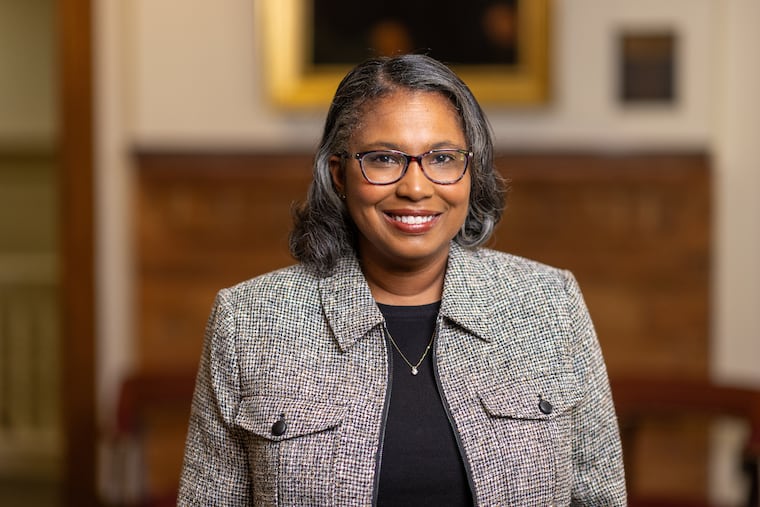Eight local experts have been elected to the National Academy of Medicine
Six of the eight medical experts — whose work ranges from cardiovascular to community health — are affiliated with the University of Pennsylvania.

The National Academy of Medicine has elected 100 new members, including eight from the Philadelphia area.
Six of the new local members are associated with the University of Pennsylvania, including one affiliated with Children’s Hospital of Philadelphia. One newly elected member is from Thomas Jefferson University, and another is from Rutgers University.
Their expertise ranges from cardiovascular to community health.
The National Academy of Medicine is the medical arm of the National Academies, charged with providing the nation with objective health advice. Established in 1970, it elects 100 new members each year, including 10 from other countries.
So far, more than 90 elected members of the academy have been faculty at Penn or CHOP, including five elected in 2023, and another five in 2022.
Here are this year’s newest members from our area:
Kathryn Bowles: Regular readers of the Health section of The Inquirer may recognize this name from a story this week, about efforts to prevent hospital readmissions after a life-threatening infection known as sepsis. Bowles’ work resulted in a new diagnostic code for sepsis, aimed at ensuring home-care providers know which patients had sepsis, which requires close monitoring. She is a professor at the Penn School of Nursing, and vice president and director of the Center for Home Care Policy and Research at VNS Health.
Shawna Veleura Hudson: As vice chancellor for dissemination and implementation science at Rutgers Health and a professor of family medicine and community health at the Robert Wood Johnson Medical School at Rutgers, Hudson works on closing health gaps in vulnerable populations such as cancer survivors.
Zoltan Pierre Arany: A professor of cardiology at Penn’s School of Medicine, Arany studies one of the leading causes of death after pregnancy, known as peripartum cardiomyopathy, and the processes behind other cardiovascular diseases such as heart failure.
Eugenia South: South works on interventions to dismantle structural racism and prevent gun violence in Black neighborhoods. In 2022, she published the results of a randomized, controlled trial showing that fixing up abandoned homes in Philadelphia — adding new doors and windows, among other improvements — was associated with lower rates of gun crimes. South is an associate professor at Penn’s School of Medicine, the associate vice president of health justice at the University of Pennsylvania Health System, and faculty director of Penn’s Center for Health Justice. In 2021, she wrote an Opinion article about the toll she sees from gun violence as an ER physician.
Alexis Thompson: The chief of the division of hematology and the chair in hematology at CHOP, as well as a professor in pediatrics at Penn, Thompson has focused her work on sickle cell disease, and has created the largest data repository dedicated to the condition.
Scott David Halpern: As a professor in medicine, professor of medical ethics and health policy and of epidemiology, and the director of the Palliative and Advanced Illness Research Center at Penn, Halpern has studied how to improve care at the end of life. He’s also researched ways to help people of color quit smoking.
Christine Laine: The professor of medicine at Sidney Kimmel Medical College at Thomas Jefferson University has widened the influence of the medical journal she edits, Annals of Internal Medicine, by tackling topical issues such as gun violence and misinformation.
E. John Wherry: As professor and chair of the department of pharmacology and translational therapeutics and director of Penn’s Institute for Immunology, Wherry has worked on detailed aspects of immune biology, including autoimmune diseases.